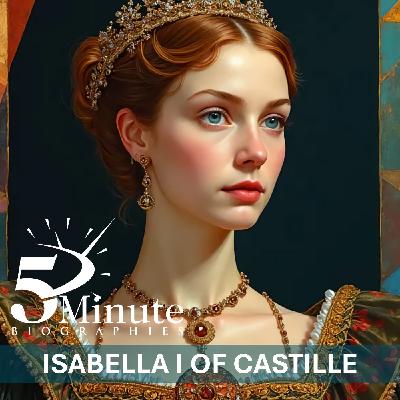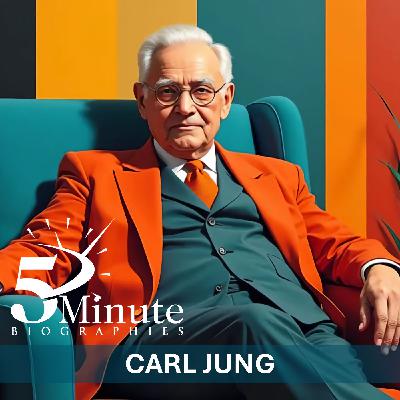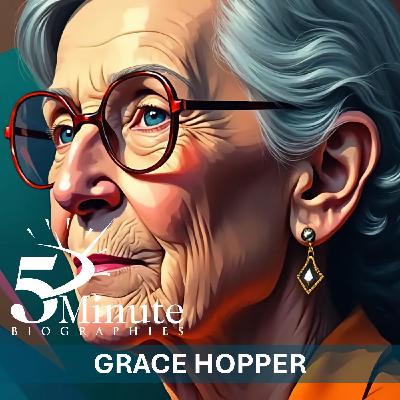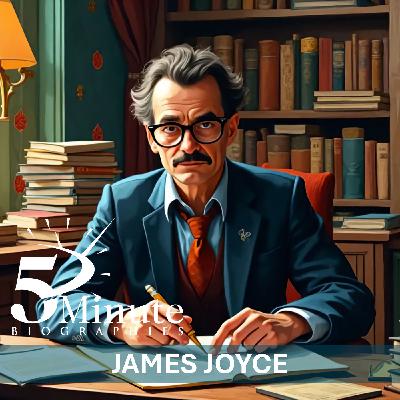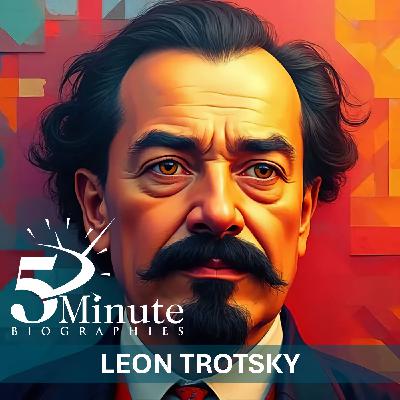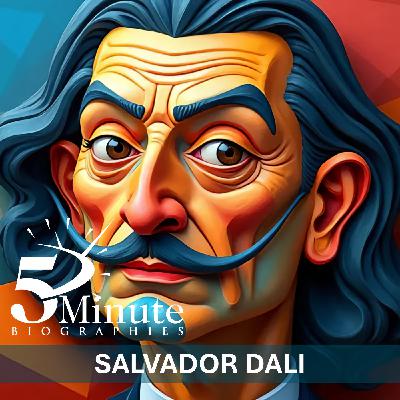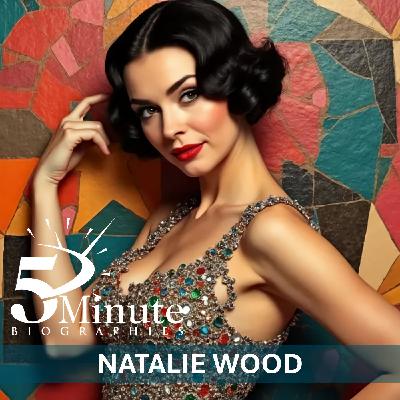Alfred Hitchcock
Update: 2024-12-16
Description
In episode 7 of season 18 of the 5 Minute Biographies podcast, we delve into the life of Alfred Hitchcock, the "Master of Suspense" whose influence on cinema remains unparalleled. Known for iconic films like Psycho, Rear Window, and Vertigo, Hitchcock's innovative techniques and distinctive storytelling forever changed the thriller genre. Discover how this brilliant director captivated audiences with his meticulous style, dark humour, and unforgettable plots, cementing his legacy as one of film history’s true legends.
Please consider supporting the show by subscribing. If you would like to support me more directly by, say, buying me a coffee, please head on over to http://www.5minutebiographies.com/coffee to see how.
Alternatively, why not take a look at the video version of the podcast on YouTube at 5minutebiographies.com/youtube or read the article on the website at https://www.5minutebiographies.com/alfred-hitchcock/.
Check out our other 5 Minute podcasts:
5 Minute History
5 Minute Disasters
5 Minute Murder
5 Minute Mysteries
5 Minute Warfare
Please consider supporting the show by subscribing. If you would like to support me more directly by, say, buying me a coffee, please head on over to http://www.5minutebiographies.com/coffee to see how.
Alternatively, why not take a look at the video version of the podcast on YouTube at 5minutebiographies.com/youtube or read the article on the website at https://www.5minutebiographies.com/alfred-hitchcock/.
Check out our other 5 Minute podcasts:
5 Minute History
5 Minute Disasters
5 Minute Murder
5 Minute Mysteries
5 Minute Warfare
Comments
In Channel



